Leadership Communication Tip - Use Questions to Create Awareness of New Possibilities
The ability to communicate separates great leaders from mediocre ones. Most books and courses start by focusing on becoming a better orator, commanding a room, and how to be the star on stage. Those are indeed important skills, but are externally focused.
We believe that leaders are built from the inside out and becoming a better communicator is no different. Start from the inside by developing curiosity, empathy, and humility and then move to being present and active listening. Once you’ve gained competence and confidence with those mindsets and skills, start to master the ability to ask questions. Not questions that “check the box” as a leader, but ones which create awareness of new possibilities. Questions can be used in one-on-one coaching sessions, leadership team meetings, customer conversations, and just about any interpersonal interaction where connecting with the other person or people is key.
Below is an excerpt from The Savage Leader that will help you start to become a better communicator by asking possibility evoking questions.
How to Improve Leadership Communication: Use Questions to Create New Possibilities
Want to really engage your team and forge strong bonds? Don’t just listen, ask powerful, possibility-evoking questions. Questions are more important than ever given the amount of information we are exposed to every day. In his book, A More Beautiful Question: The Power of Inquiry to Spark Breakthrough Ideas, author Warren Berger writes that the value of questions is increasing and the value of answers is dropping to zero due to the continued accumulation of data, insights, and answers online and with Google at our fingertips and Alexa at the ready.
Unfortunately, our current school systems and default parenting methods provide negative reinforcement to kids’ insatiable appetite to ask questions. According to the Right Question Institute, “Students typically hit their question-asking peak around the age of 4 and their question asking dramatically declines shortly after they enter the classroom.” This is due partly to students being rewarded for responding with the “right” answer, not for asking open-ended, exploratory questions.
If our early academic experience discourages asking questions, how can leaders ask more and better questions? First, Savage Leaders set the tone by defaulting to asking questions even when their instinct is to jump in with answers. Instead of quickly assessing or judging a team member’s proposal or idea, Savage Leaders will ask questions like “What assumptions underlie your recommendation?” or, “What is the range of possible outcomes with your suggestion?”
Second, Savage Leaders will avoid asking closed questions that require yes or no responses, and will use open-ended questions. This means that instead of asking “Will this approach work?” or, “Do you have what you need to be successful?” Savage Leaders will ask “What assumptions are we making with this approach?” or, “What other tools and resources can I provide to ensure your success?”
Asking open-ended questions that start with “what” and “how” requires intention, time, curiosity, humility, and active listening—but if you’ve embraced the other sections in this chapter, this should be easy.
Key Takeaway
Questions are a powerful tool to uncover new possibilities and ideas, and help Savage Leaders deeply engage with their team members. The best questions are “open” and aren’t intended to drive an agenda like a courtroom attorney. Questions have no an agenda or destination.
During your next meeting, try asking more open-ended questions to spur more innovation and new ideas, and to accelerate your team’s professional growth.
Savage Leaders spend more time asking rather than answering questions and carve out time for thought-provoking ones as a part of regular meetings—not just in brainstorming sessions.
Next Steps: Transform Your Team’s Ability to Communicate in a Hybrid Workplace
If you are interested in learning how we can help your leaders communicate with impact and persuasion across different mediums (e.g. Zoom, Slack, MS Teams, email, etc.), and with various audiences, schedule a free consulting call with our team.
Want More Content Like This?
If you liked this post, be sure to buy a copy of The Savage Leader. You can also sign-up for The Savage Leader Newsletter to gain access to similar articles that will help you on your pursuit to becoming a great leader. The monthly email contains quick practical tips to help you become a better leader from the inside out. Join other Savage Leaders in your pursuit of greatness!


